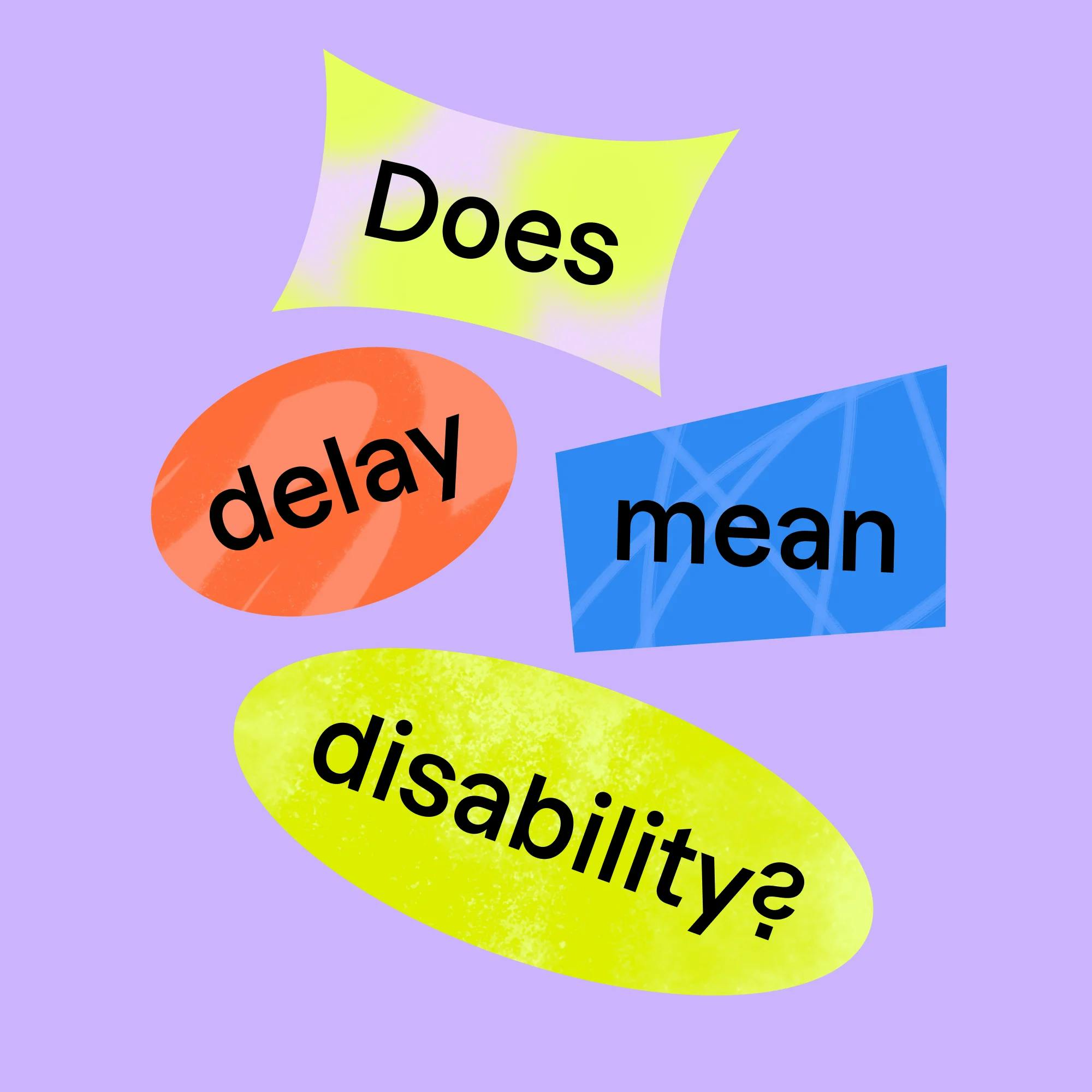Learning to read is a major milestone for kids. As they sound out letters, form them into words, and learn what those words mean, it builds the foundation for reading success during their school years and beyond. Some children need more help learning to read than others. Some may even have a learning disability that affects how they read. It’s important to understand the different types of reading disabilities, the signs of a reading disorder, and what to do if your child is having a hard time with reading.
It’s also important to know that reading disorders are not a sign of lower intelligence or unwillingness to learn. Most reading disorders are due to differences in the way the brain processes written words and text. With the right support both in school and at home, kids with reading disorders can learn and thrive.
Expert support for your child
Speech therapy can help children with reading, writing, and spelling challenges. Get matched with the right therapist for your child today.
 Get started
Get started3 skills needed for reading
There are three main skills related to reading. Children may have problems with any of these skills. To better understand reading disorders, we need to cover these three areas first.
1 Phonology
Phonology refers to the understanding of sounds in our language and the meaning those sounds carry. For example, when you hear the sounds /b/, /a/, and /l/, you recognize that those sounds combine to create the word “ball.”
Some people can have a problem with phonology, which is called a phonological deficit. They may have trouble identifying syllables or sounds in words. They may also have a hard time blending sounds and syllables to create words. When reading, they may mix up the order of letters and read words incorrectly. Difficulty with phonology comprehension makes it hard for kids to learn to read easily.
2 Orthography
Orthography refers to writing and spelling. Kids who have difficulty with orthography struggle with looking at letters and knowing how they sound. They also have a hard time identifying pairs of letters that make certain sounds when grouped together. They may mix up letters that look similar, such as /b/ and /d/. Or they may not recognize that a pair of letters like “tr” makes a specific sound, as in “truck.”
3 Language comprehension
Some children may be able to read words on a page, but they have trouble understanding what they just read. This can be related to problems with vocabulary comprehension and understanding how words are used.


Types of reading disorders and their symptoms
Now that we’ve covered the basic skills related to reading, let’s discuss some common types and signs of reading disabilities.
Dyslexia
People with dyslexia have typical intelligence, but they struggle with reading and processing words. Some symptoms of dyslexia include:
Difficulty sounding words out
Poor reading comprehension
Poor spelling
Problems processing and understanding speech
Difficulty finding the right words when speaking
Avoiding activities that involve reading
People with dyslexia can have problems with orthography or phonology. If they struggle in both areas, it may take a longer amount of time to improve their reading abilities.


Reading comprehension deficit
Some children have problems understanding and processing what they read. This might be related to issues with working memory, receptive language, understanding vocabulary, word decoding, vision processing, or attention.
Hyperlexia
Hyperlexia involves reading comprehension issues as well. People with hyperlexia have a strong ability to read words, but that skill is ahead of their overall language ability, and they struggle to understand what they just read. They also may have cognitive and communication issues that accompany their hyperlexia.


How reading disorders are diagnosed
A variety of people may be involved in diagnosing reading disorders. They may include a psychologist, a reading specialist, and a speech-language pathologist (commonly known as a speech therapist). Children being assessed for a reading disorder will be tested in areas such as memory and spelling skills, visual skills, and reading abilities. The child’s teacher should also provide information about the child’s academic skills and how they do in school.
If you would like to have your child assessed for a reading disorder, talk to their pediatrician and their school. They can explain how to start the evaluation process.


How can speech therapy help with reading disorders?
If your child is diagnosed with a reading disorder, speech therapy may be recommended along with help from a reading specialist. A speech therapist can help your child build their phonological processing skills. As explained above, that refers to the ability to identify and understand sounds in our language in order to process spoken and written words. These skills play a large role in reading and writing. During speech therapy sessions, your child may work on:
Phonological awareness: This is the ability to understand sounds and how they work together to form words. For example, adding sounds can change the meaning of a word: “dog” + “s” = “dogs”, meaning more than one dog.
Phonological working memory: This is the ability to remember words and sounds in order to use them during a variety of phonological awareness activities. Your speech therapist may have your child use a word in a sentence or think of words that start with a certain sound. For example, “Tell me all the words you can think of that start with /d/.”
Phonological retrieval: The ability to recall letter shapes that represent letter sounds. Your speech therapist will help your child learn to recall the sound formation for letters and letter combinations. One example might be practicing putting your teeth on your bottom lip and blowing air to form the /f/ sound in a word.


How to support your child with a reading disorder
Having a child with a reading disorder may seem overwhelming at first. There’s a lot to understand about the way your child learns. But the good news is that there are specific ways they can be supported in the classroom when learning to read. Plus, there are lots of things you can do to help them at home. Let’s walk through this together!
If your child is in school, talk to their teacher about accommodations. It’s important for kids who need extra help to get the support they need. If your child is diagnosed with a specific learning disability in reading, they will be eligible for an individualized education plan (IEP). This plan allows students with disabilities to receive an education that’s tailored to meet their needs. It often includes changes and accommodations in the classroom that help your child. These changes might include extra time on assignments, testing in a quiet place, or receiving any needed therapies or one-on-one help in school.


Read with your child. Just because reading may come as a challenge doesn’t mean it should be avoided. Reading together with your child will help them build positive feelings toward reading. Plus, they’ll get bonding time with you. Choose books on topics your child is interested in, and make it part of your daily routine.
Let your child see you reading. When you show your child that you enjoy reading regularly, this will help them feel more positive about reading. Tell them what you enjoy about the books you read. Ask your child what they like about their books, as well.


Use audio books. Another option is to find audio books for your child to listen to. This shouldn’t replace practicing reading and sitting down with books together. But if your child is having an especially hard time or needs to complete an assignment for school, audio books can be helpful.
Give extra time for reading and spelling assignments. As mentioned above, you may need to give your child more time for this type of work. Practice reading and spelling during a time of day that’s calm, where neither of you will be rushed. This will help decrease frustration, and your child will be more focused.


Focus on their strengths, and give support for their weaknesses. Having a learning disability can take a toll on a child’s self-esteem. Your child might feel frustrated, or worry that they’re lagging behind others in their class. You should focus on their strengths for a few reasons.
All kids need to recognize their successes and feel confident in their ability to keep trying.
First, focusing on areas where your child excels, like math, art, music, or sports, helps build their confidence. All kids need to recognize their successes and feel confident in their ability to keep trying. Celebrating what they do well will help them with this.
You should also recognize any of their strengths in reading. This helps them build on their skills in a productive and encouraging way. For example, if your child does well with sounding out words, but they just need some extra time to do it–start there! Simply give them the time they need to succeed. Or perhaps they do fine with spelling, but they have trouble learning vocabulary. Work spelling into their practice as you help them learn new words. When kids get to use their strengths, it can make hard tasks seem easier.
How Expressable Can Help
Concerned your child isn't reaching age-expected milestones? Looking for communication support from a professional? Expressable is a national online speech therapy practice serving children and adults. We treat all major areas of communication and feeding, offer flexible hours including evenings and weekends, and accept most major health insurance plans. We’re proud to have earned more than 3,000 5-star reviews from our clients (4.9/5 average).
Our therapy model is centered on parent and caregiver involvement. Research proves that empowering caregivers to participate in their loved one’s therapy leads to better outcomes. That’s why we combine live, 1-on-1 speech therapy with personalized education and home practice activities for faster progress.
Communication is more than words. It’s how we share how we feel and show who we are. We’re here to help you or your child do just that.

 Abby Barnes, M.S., CCC-SLP
Abby Barnes, M.S., CCC-SLP








